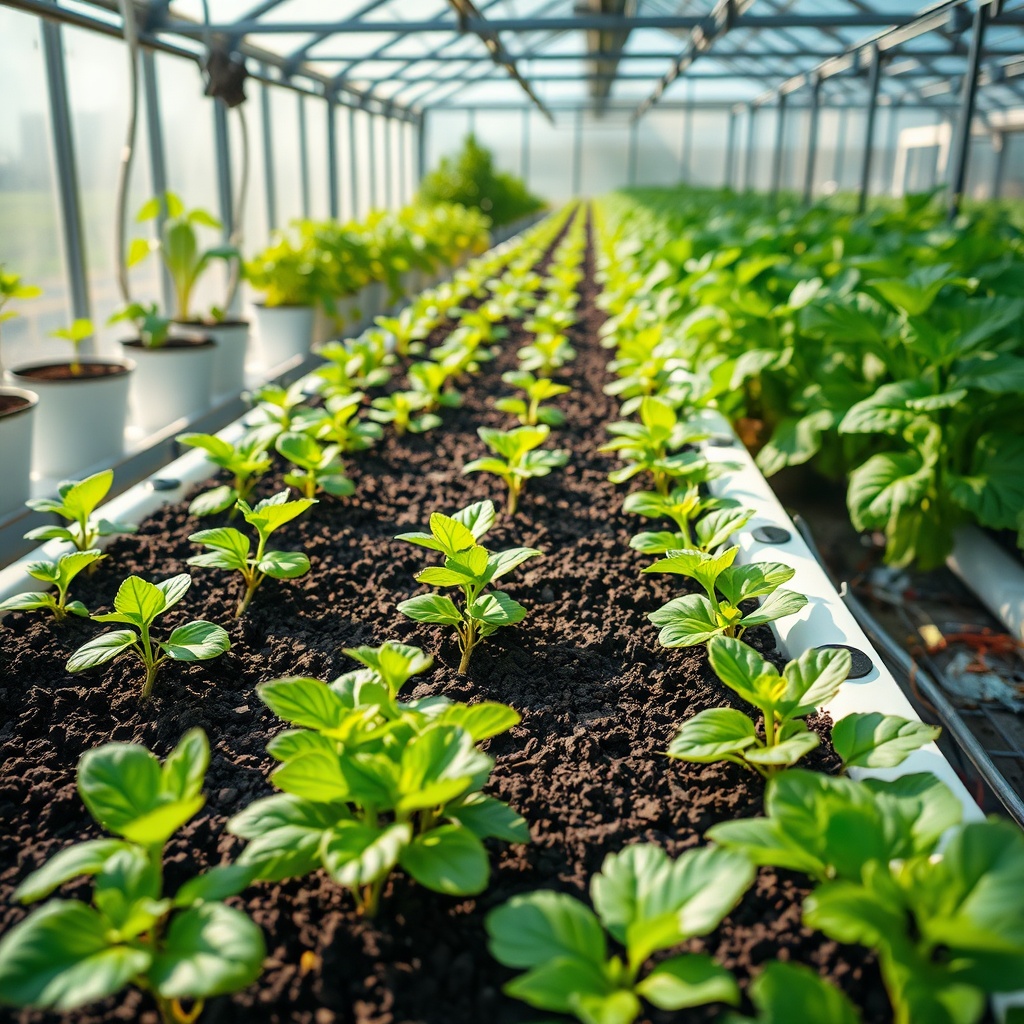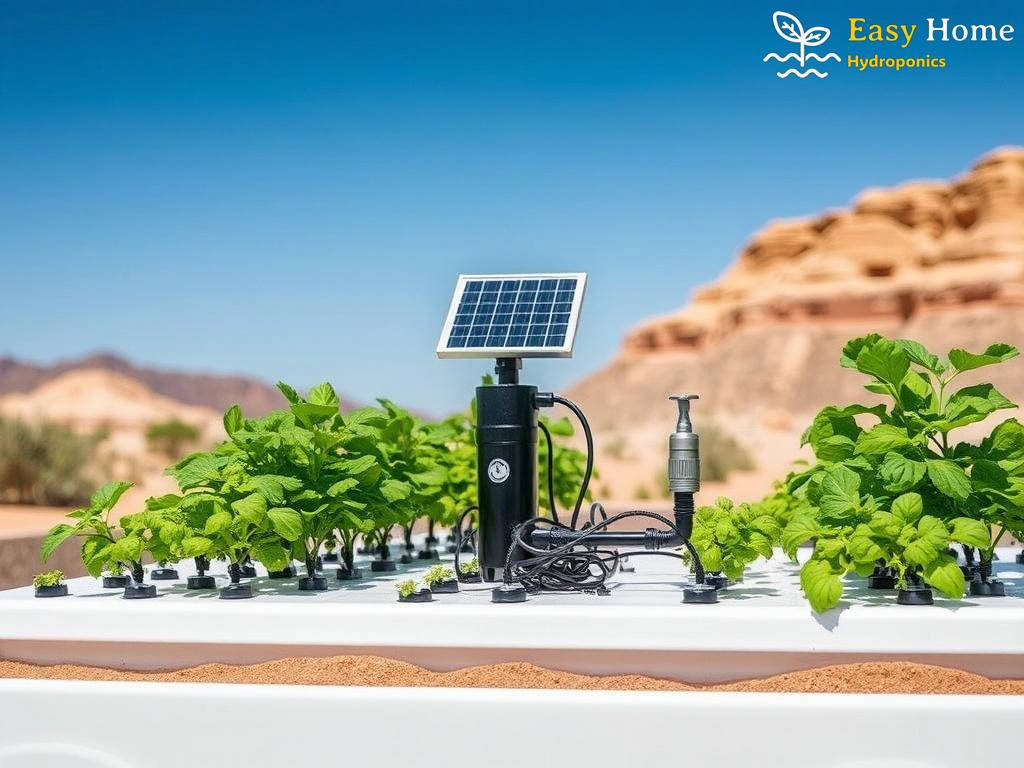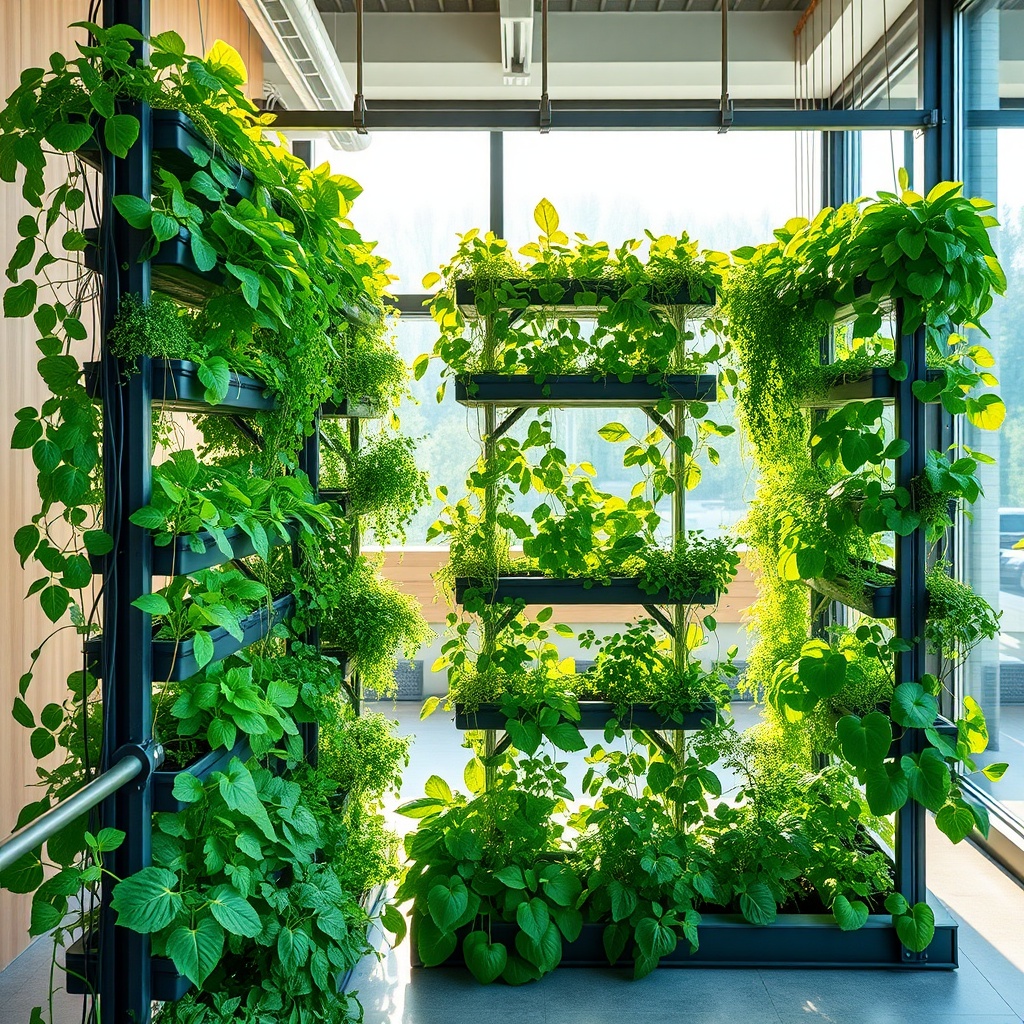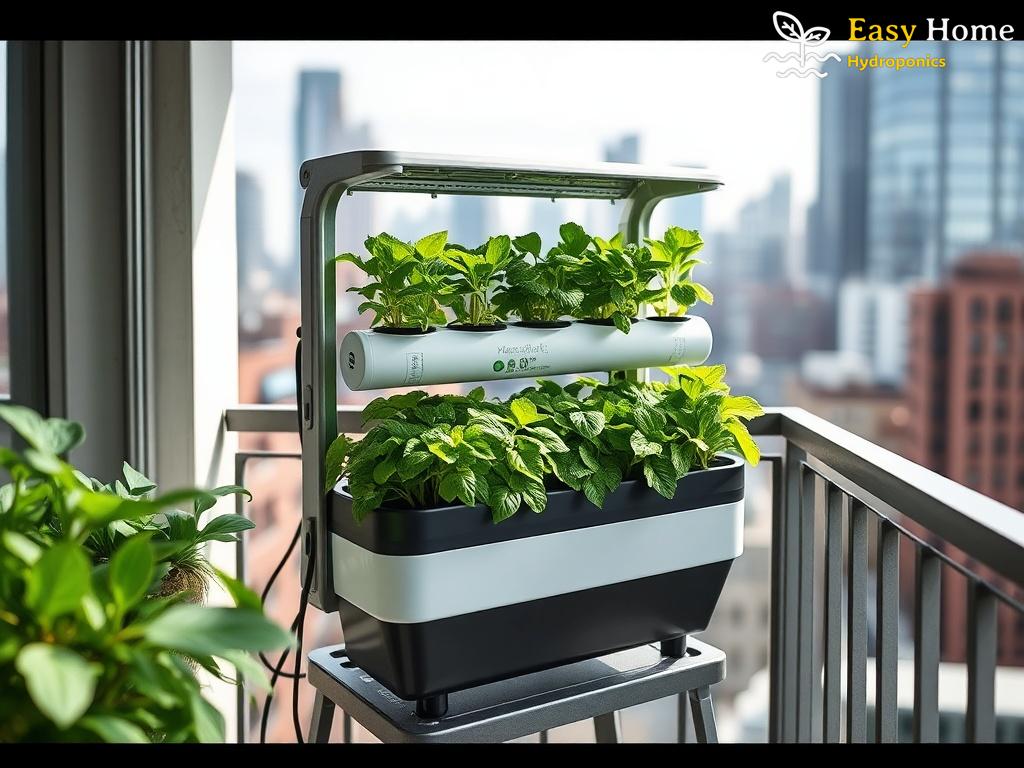Transforming Nutrient Absorption
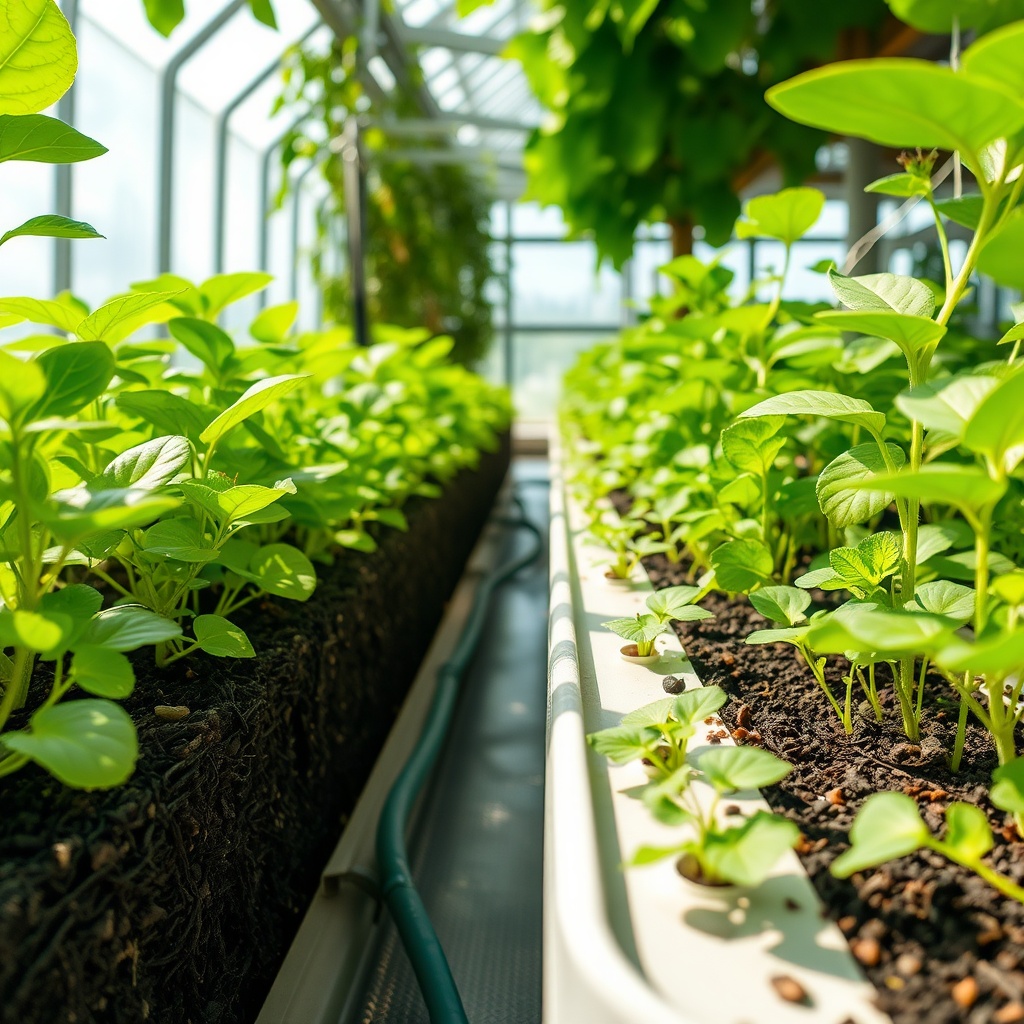
In the pursuit of sustainable agriculture, especially within hydroponic systems, biochar emerges as a revolutionary material. This carbon-rich substance, produced through the pyrolysis of organic materials, has been gaining traction among farmers and researchers alike. Its unique properties can significantly enhance nutrient retention and absorption, paving the way for healthier and more productive crops.
Biochar acts as a sponge for nutrients, preventing leaching and ensuring that plants have continuous access to essential minerals. This attribute not only promotes robust plant growth but also diminishes the need for chemical fertilizers, thus supporting environmental sustainability.
Enhancing Soil Structure and Microbial Activity
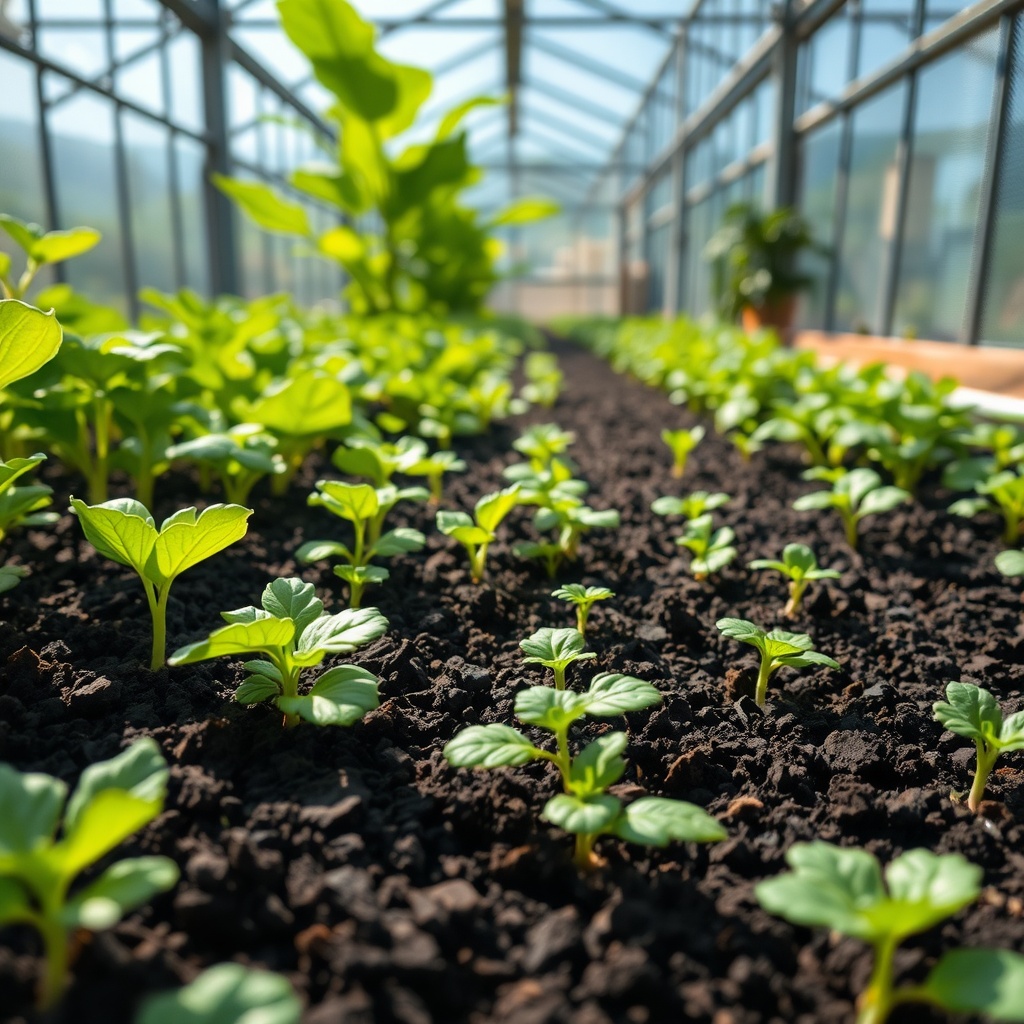
One of the most exciting aspects of incorporating biochar into hydroponic systems is its positive influence on soil structure and microbial ecosystems. When added to growing mediums, biochar creates a porous structure that improves aeration and water retention. As a result, plants benefit from an optimal balance of moisture and oxygen, leading to vigorous growth.
Moreover, biochar serves as a habitat for beneficial microorganisms. These microbes play a crucial role in breaking down organic matter, cycling nutrients, and suppressing plant diseases. By fostering a thriving microbial community, biochar not only supports plant health but also contributes to the overall resilience of the hydroponic system.
Innovative Applications: A Bright Future for Hydroponics
The integration of biochar into hydroponic systems is still in its infancy, yet the potential applications are vast and varied. From enhancing the efficiency of nutrient delivery systems to improving the sustainability of water resources, biochar can play a significant role in the future of agriculture.
As research continues to explore the multifaceted benefits of biochar, farmers are encouraged to experiment with this innovative material. Whether it’s blending biochar with growing media or utilizing it in nutrient solutions, the possibilities are limited only by our imagination.
In summary, the journey towards sustainable hydroponic systems is not just about the plants we grow, but also about the materials we choose to support them. Biochar stands at the forefront of this movement, offering solutions that are both effective and environmentally friendly.

